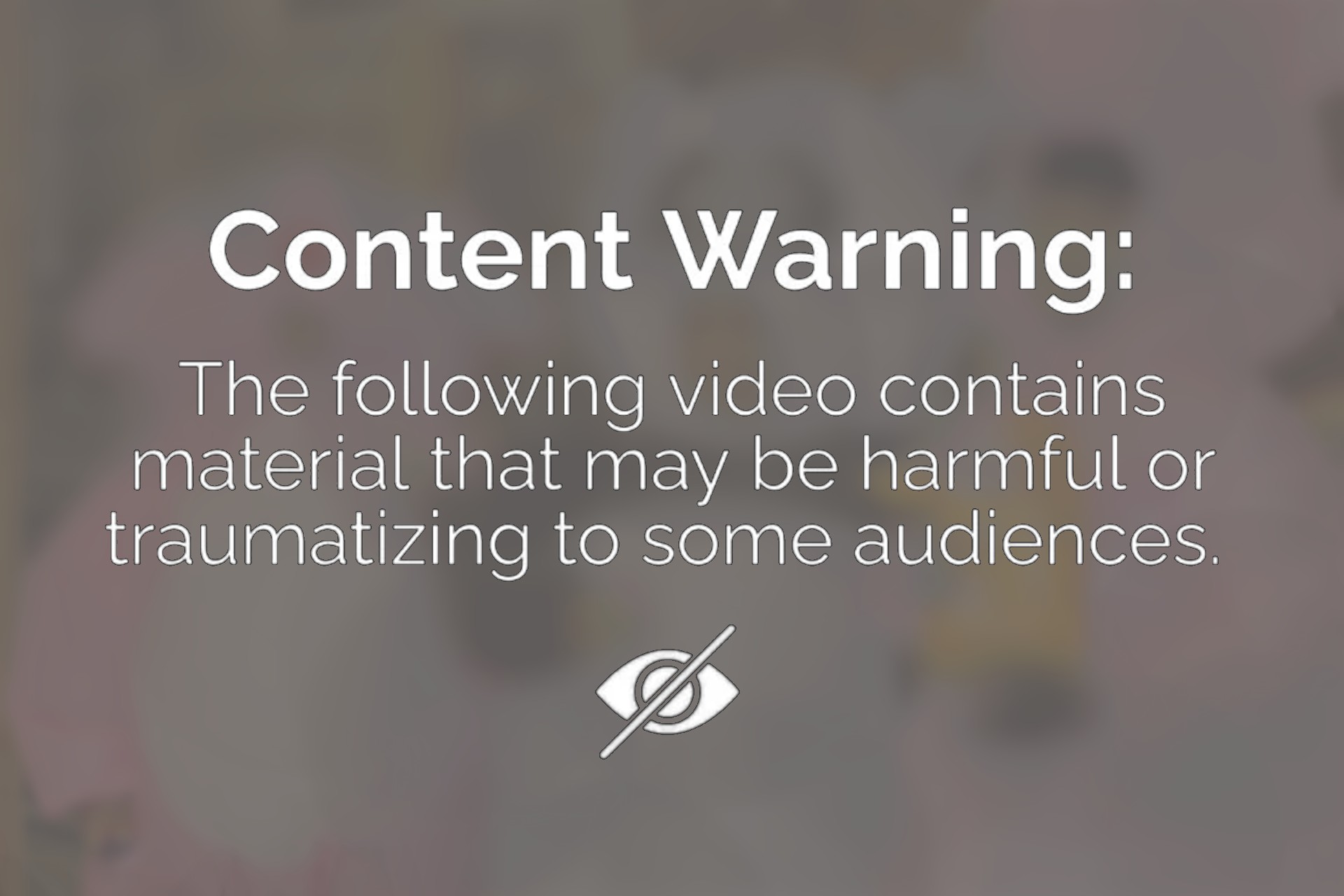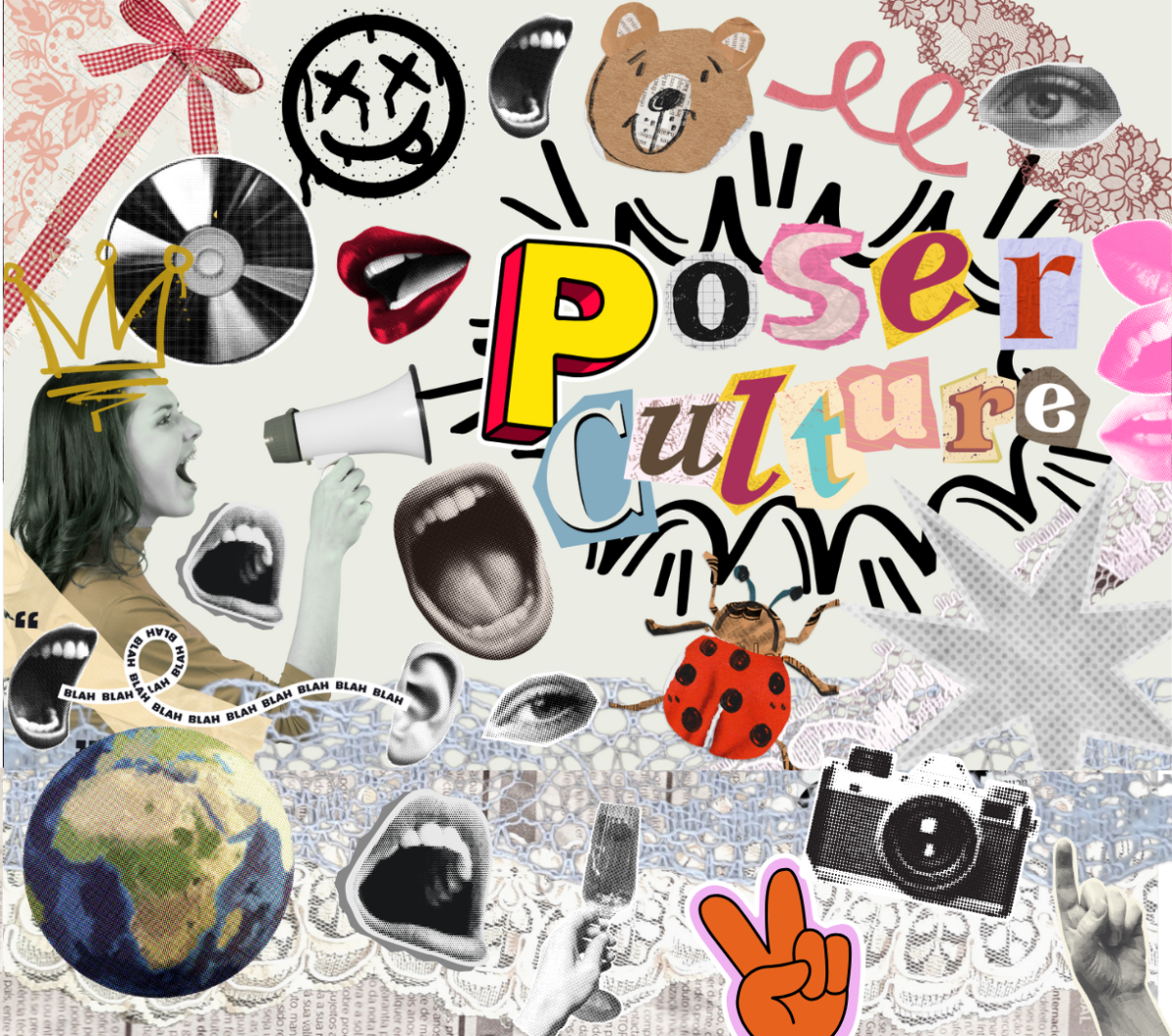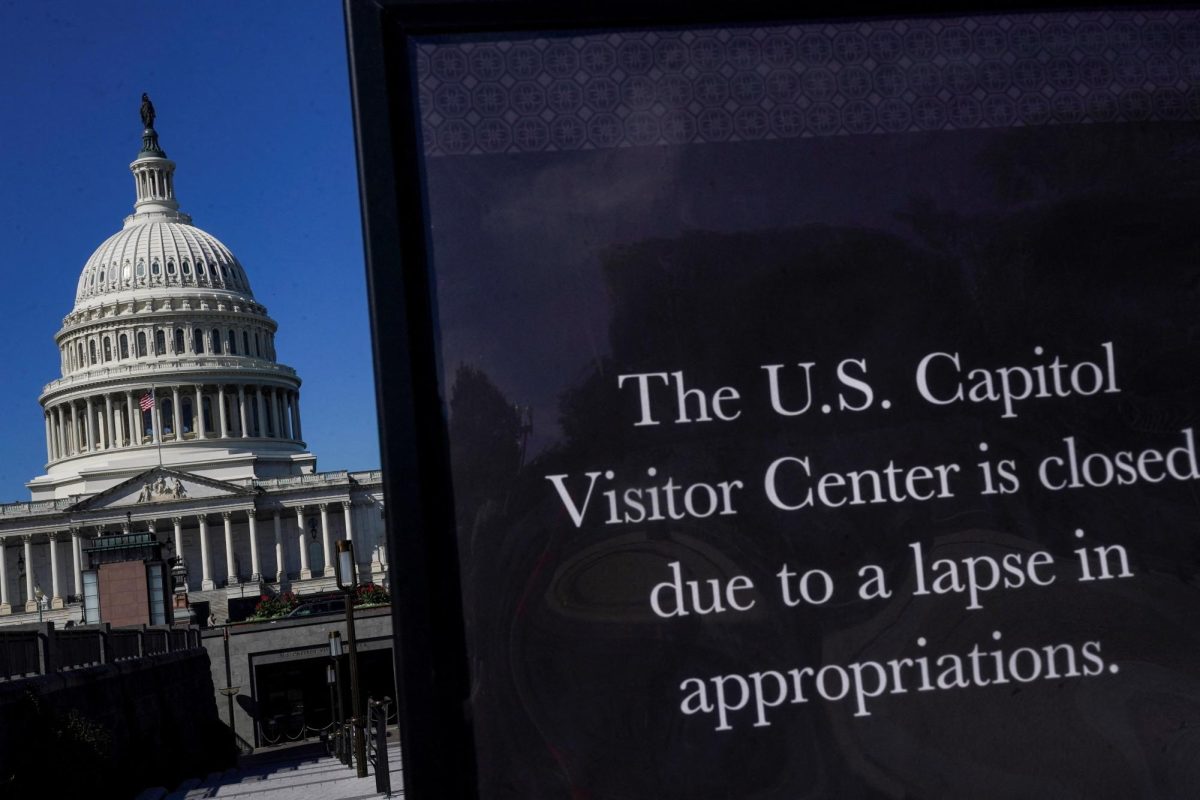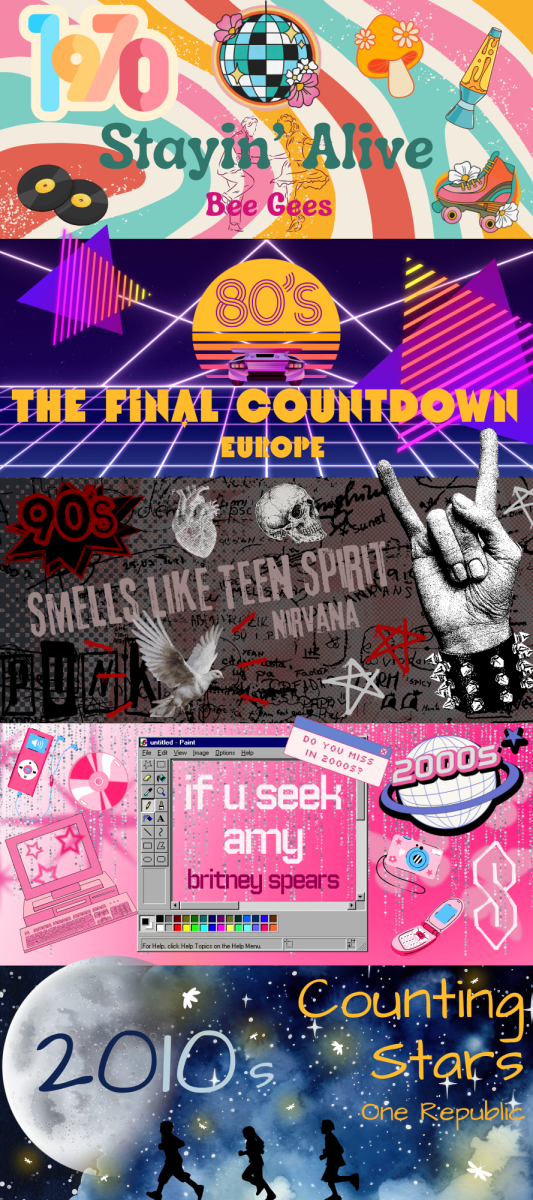Ten years ago, a trigger warning meant there was a chance of a seizure. They would appear on a TV show from time to time followed by flashing lights or other epileptic triggers. Today, trigger warnings are seen much more frequently and for a much different reason. Today, dictionary.com defines a trigger warning as “a stated warning that the content of the immediately following text, video, etc., may cause distressing psychological or physiological reactions, especially in people who have previously experienced a related trauma.”
A study published by the American Physiological Association discussed the effects of trigger warnings in psychology classrooms. While some students do prefer, and even demand at some points, a prior warning about sensitive topics, a large part of the student population said that trigger or content warnings had little to no effect on them and that topics like suicide, drug addiction and sexual abuse need to be discussed in class. However, certain topics can be susceptible for some people, especially those suffering from PTSD or Post Traumatic Stress Disorder.
A post on Quora, an online question-and-answer website, allowed many users to share their opinions on the overuse of trigger warnings in social media.
“The term ‘triggered’ was originally a not-too-often used term in psychology for events that reignited traumatic events from a person’s life, causing them anxiety or real fear previously experienced to re-emerge,” Doyle Maston, a commenter on the post, said. “The term was ‘stolen’ and has now been overused and misused to the point of being a joke and meaningless.”
Trigger warnings should not go away. They can be highly beneficial to some people. That being said, the amount of them being used as a joke is incredibly inappropriate.
“Words like triggered being used as a joke is a whole issue for me,” Yuki Frost, another commenter, said. “It’s making a joke about a word I’ve used when I am about to have a panic attack or go into some sort of crisis mode; however, trigger warnings are immensely useful to me. It’s about the same as allergy warnings. They aren’t always going to apply to me, but they are immensely helpful for me to avoid panicking.”
An article written by Dr. Cara Goodwin in Psychology Today debated whether trigger warnings work or if they do more harm than we think. One of the things Dr. Goodwin mentions in her article is the increase in nocebo effects prompted by the excess of trigger warnings. Placebo and nocebo effects, in medical studies, are the effects caused by the positive and negative expectations a patient has about their health. Placebo effects typically refer to the positive, and nocebo effects typically refer to the negative.
Picture this, a person struggling with PTSD is scrolling through social media when they come across a post with a trigger or content warning. This warning has something to do with a traumatic experience in their life. A study has shown that traumatic events tend to become a reference point in peoples’ lives, so this trigger warning would likely provoke strong emotions and painful memories. Then, when they click it, it’s a meme or video that has nothing to do with their trauma.
Studies have shown that being presented with trigger warnings can increase stress even after the content is no longer in front of them. It has also been proven throughout many studies that the appearance of trigger warnings does not stop many people from viewing sensitive material, but with the number of trigger warnings that appear for very little reason, it makes sense why people have started to ignore them.
“The problem with trigger warnings is that the expression has been distorted by social media,” Barbora Földiová, a commenter on another Quora post, said. “The original meaning and use were meant for people who required a warning about certain sensitive content because it could trigger their symptoms of various mental health issues. PTSD, anxiety disorders, depressive disorders – you name it. Mentions of all kinds of violence, abuse, or tragic events can cause people with these issues to go through a lot. Nowadays, it’s being used freely and wrongly by anyone who wants to express their dislike or disagreement with something.”
Trauma is a thing that a lot of people have. It shapes lives and personalities. Everybody copes in different ways, and for some people, trigger warnings and avoiding possible trauma is the way they move on. However, avoiding trauma has been shown to increase symptoms of PTSD. It has also been shown that trigger warnings and sensitive content tend to have severe psychological effects.








